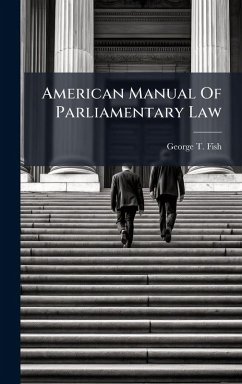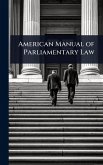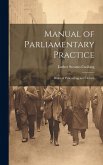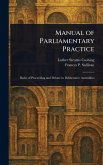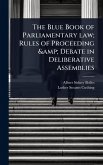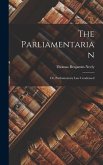American Manual Of Parliamentary Law offers a comprehensive guide to the rules and procedures governing deliberative assemblies. Authored by George T. Fish, this manual serves as an invaluable resource for anyone involved in meetings, organizations, or legislative bodies. Providing clear and concise explanations of parliamentary principles, it covers topics such as motions, amendments, debate, voting, and committee procedures. Whether you are a student, a community leader, or a seasoned parliamentarian, this manual equips you with the knowledge and tools necessary to conduct orderly and productive meetings. Originally designed to promote fairness, efficiency, and respect for the rights of all participants, American Manual Of Parliamentary Law remains relevant in an era of increasingly polarized and unproductive discussions. Its enduring principles ensure effective and democratic governance. This work has been selected by scholars as being culturally important, and is part of the knowledge base of civilization as we know it. This work was reproduced from the original artifact, and remains as true to the original work as possible. Therefore, you will see the original copyright references, library stamps (as most of these works have been housed in our most important libraries around the world), and other notations in the work. This work is in the public domain in the United States of America, and possibly other nations. Within the United States, you may freely copy and distribute this work, as no entity (individual or corporate) has a copyright on the body of the work. As a reproduction of a historical artifact, this work may contain missing or blurred pages, poor pictures, errant marks, etc. Scholars believe, and we concur, that this work is important enough to be preserved, reproduced, and made generally available to the public. We appreciate your support of the preservation process, and thank you for being an important part of keeping this knowledge alive and relevant.
Bitte wählen Sie Ihr Anliegen aus.
Rechnungen
Retourenschein anfordern
Bestellstatus
Storno

